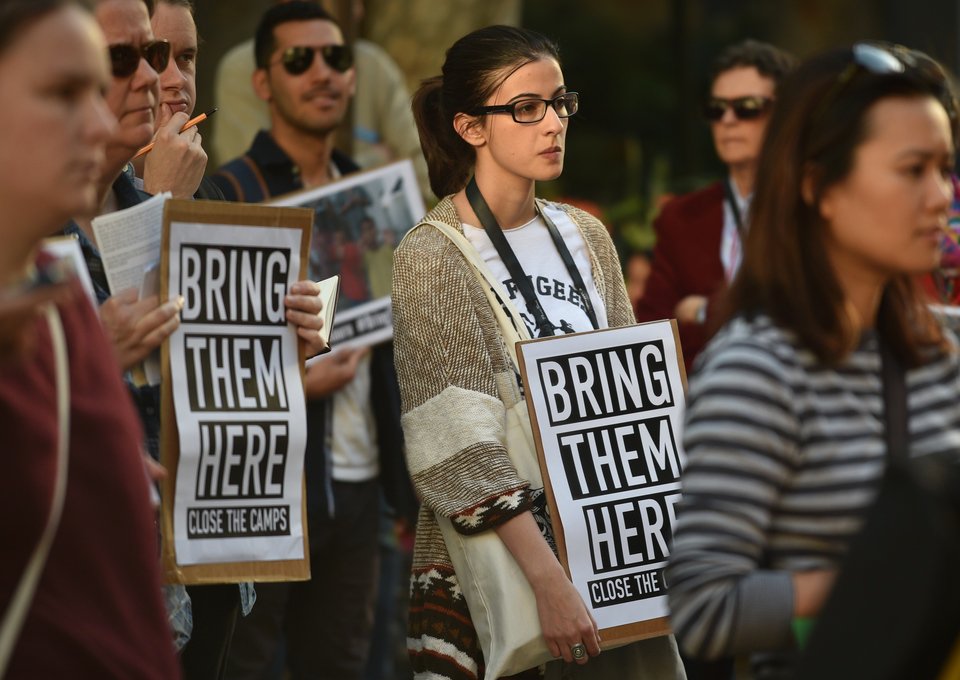Impunity is one of the great building blocks of the state of oppression in Egypt. Without government and security officials believing that their actions are beyond the reach of the law, torture might disappear, administrative detention would desist and trials might become fair.
That’s why what’s going on in a trial of two police officers accused of beating to death of a man outside an Alexandria internet café in June is so important. In a government where torture and abuse is systematic, police and security officials rarely are brought to trial for their actions. In the rare occasion that they are convicted, they are generally given short sentences or are freed without jail term.
The trial, which opened on Tuesday, was delayed for two months. The two officers are not charged yet with murder, although prosecutors may be upgrading the charges. If convicted, they face between three and 15 years in prison.
Egyptian activists are determined to ensure that the men responsible for the death of blogger Khaled Mohammed Said are held accountable. According to news reports, large masses of people demonstrated outside the courtroom today, determined to let authorities know that what was happening inside was being watched.
The death of Khaled Said has moved the Egyptian public in a way that few other cases have. In addition to the large crowd at the opening session of the trial, previous demonstrations in Alexandria have been both regular and large. It appears to be one of those moments in which civil society is roused to action, and from all indications, the government is concerned.
Said’s family believes that. At the opening session of the trial, the victim’s uncle said he could feel change. “I am supposed to be sad,” he told the media. “But the Egyptian people are behind me. The lawyers support me. So, whatever the outcome, I will be satisfied,”
But already there are concerns. Amnesty has called on Egyptian authorities to protect witnesses in the case. Amnesty reports that some witnesses are afraid to come forward after nine men with knives attacked a friend of Said last week.
“The referral for trial of the two police officers accused of assaulting Khaled Mohammed Said shortly before his death is a welcome first step towards breaking the cycle of impunity that has for so long facilitated torture and abuse of suspects by police in Egypt,” said Malcolm Smart, director of AI’s Middle East and North Africa program.
The wild card here is the Egyptian judiciary. The government has spent the past decade or so attempting to bring the nominally independent judiciary under its will, often bypassing it for a system of special and extraordinary courts. But there have been times when the civilian judiciary, sensitive at such moments to public need, rises up and states its independence.
It’s hard to expect after decades of seeing claims of torture and brutality go without punishment, matters would change in the death of Khaled Said. But the trial bears watching, and if activists and the public have their way, the case will mark a blow against the structure of impunity that has muzzled Egyptian civil society for so long.


